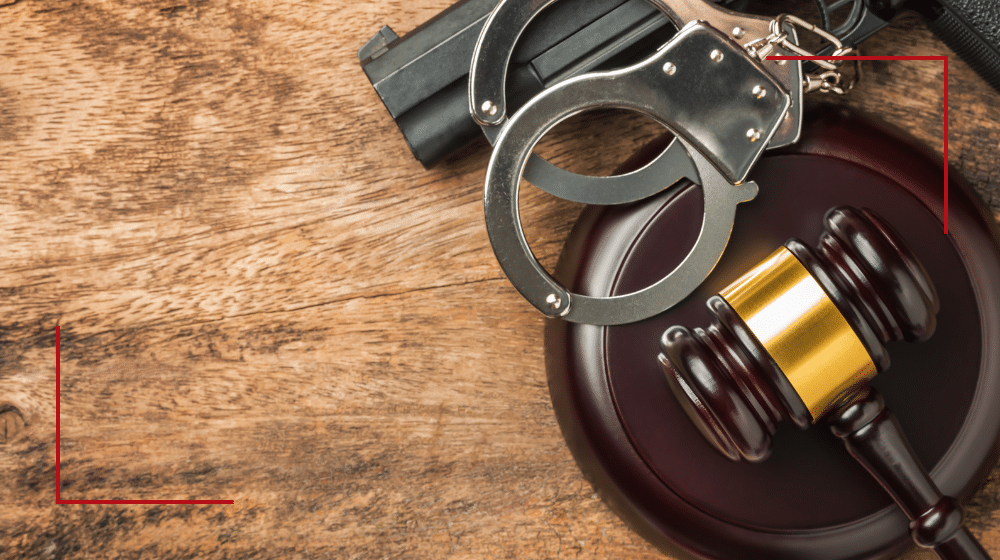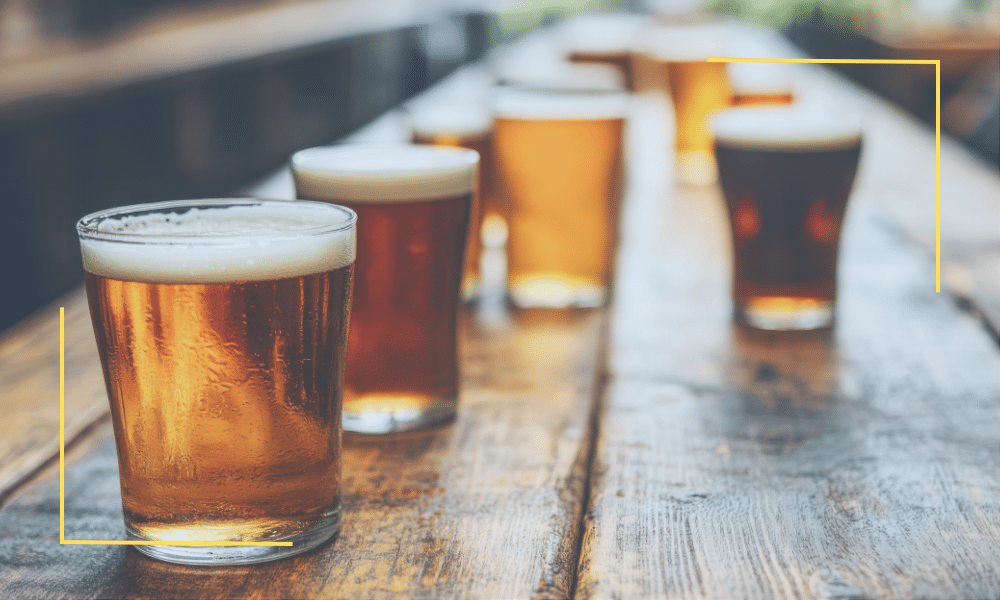Both federal and state laws come into play with firearm prohibitions in Maine.
Under federal law, individuals convicted of a felony or some domestic violence misdemeanors are generally prohibited from purchasing or possessing firearms. The federal laws are general enough to allow many people who pose a significant risk to the public to still legally own a firearm.
The Maine Legislature effectively tightens up the requirements for possessing a firearm and extends the restrictions to individuals not covered by the federal laws. Let’s take a closer look.
Firearm prohibitions in Maine
Under federal law, individuals are generally prohibited from purchasing or possessing firearms if they have been convicted of a felony. The prohibition also applies to some domestic violence misdemeanors and protective orders related to domestic violence or serious mental conditions.
The federal law contains some notable weaknesses that allow some criminal offenders or individuals who show disturbing mental disturbance or have violent tendencies to still obtain firearms.
Maine’s gun possession laws state that nobody can possess a firearm if he/she has been convicted of committing a crime (or found not criminally responsible for committing the crime because of insanity) if any of the following applies to the crime:
- It is punishable by imprisonment for one year or more under Maine law.
- It is punishable by imprisonment for a term exceeding one year under federal law.
- It is punishable by imprisonment for a term exceeding one year in another state (excluding crimes classified as misdemeanors in the state carrying a penalty of imprisonment of two years or less).
- It is “elementally substantially similar” to a crime under Maine law and is punishable by imprisonment for a term exceeding one year according to the law of any other state.
- It is part of a proceeding in which the prosecuting authority was required to prove that the crime was committed with the use of a dangerous weapon.
- There is a conviction for a crime of Domestic Violence Assault, regardless of whether the crime was a misdemeanor or felony.
- There is a finding of abuse in a PFA (Protection From Abuse), that person is legally obligated to turn in their firearms to local law enforcement and the gun prohibition will apply for the entirety of the term that the order is in effect.
Furthermore, gun possession restrictions also apply to individuals who engaged in conduct as a juvenile that, if committed by an adult, would have been a disqualifying conviction listed above. Whether this ban is temporary or permanent depends on whether bodily injury was threatened and caused by the conduct.
Similar firearm restrictions apply to any individuals in Maine who have been:
- Committed involuntarily to a hospital due to “a likelihood of serious harm”
- Found not criminally responsible for a charge because of insanity
- Found not competent to stand trial for a criminal charge
The possession of firearms restrictions in Maine also extend to fugitives from justice, people addicted to controlled substances, illegal aliens, individuals with dishonorable discharges from the US Armed Forces, and anyone who has renounced their U.S. citizenship.
Can you restore firearm rights if convicted of a felony in Maine?
According to Sec. 1. 15 MRSA §2168 of the Maine Legislature, a person who is prohibited from possessing a firearm due to a felony conviction may request a pardon from the Governor to restore the right to possess a firearm.
Five years from the date an offender is discharged from the sentences imposed, the individual can apply to the Maine Commissioner of Public Safety for a permit to carry a firearm, which will be valid for four years. The Commissioner will notify local law enforcement, who may object to the application, resulting in its refusal.
Even if local law enforcement does not object, the Commissioner may deny an application.
Can you possess a firearm if you have been charged with domestic violence in Maine?
Generally speaking, anyone convicted as an adult of any of the following offences in Maine (or found “not criminally responsible by reason of insanity”) cannot legally buy or carry a gun:
- Domestic violence assault
- Domestic violence criminal threatening
- Domestic violence terrorizing
- Domestic violence stalking
- Domestic violence reckless conduct
Remember, the gun prohibition also applies to convictions for any crimes in Maine punishable by a prison sentence of more than one year or a similar crime in another state, as outlined above.
Can I possess a gun if there is a protection-from-abuse order filed against me in Maine?
Under Maine’s firearm prohibition laws, nobody subject to a protection-from-abuse order where the victim is an intimate partner can possess a firearm.
Maine defines “intimate partner” as a current or former spouse, someone you have a child in common with, or someone you currently live with or used to live with.
The prohibition applies to all protection from abuse orders issued after notice and hearing in Maine or any other state, U.S. territory, commonwealth, or tribe.
What is the penalty for violating firearm prohibition laws in Maine?
Depending on the nature of the violation, offenders can be charged with a felony or misdemeanor for violating firearm prohibition laws in Maine.
Offenders may be charged with a Class C crime, a felony-level offense punishable by up to five years in prison, if they possess a gun after being convicted of a domestic assault crime or most other qualifying crimes outlined above.
However, the offender will usually be charged with a Class D crime, a misdemeanor-level offense punishable by up to one year in prison, if the offender:
- Has a protection order against them;
- Was involuntarily committed to a hospital due to the likelihood of causing serious harm;
- Was found to be “not criminally responsible by reason of insanity” or deemed “not competent to stand trial” for any crime;or
- Was a fugitive from justice.
Certain other circumstances may lead to a Class D charge, too.
Hate crimes and guns in Maine
In Maine, a crime becomes classified as a “hate crime” when someone intentionally injures, intimidates, interferes with, or oppresses another person exercising their legal rights because of bias against that person.
The use of force or threats of force to intentionally injure, intimidate, or threaten another person to interfere with their free exercise of any legal right or privilege is generally a Class D crime, punishable by up to 364 days in jail and a $2,000 fine.
So, even those convicted of violent hate crimes in Maine may not meet the threshold for prohibiting firearms (a one-year prison sentence or more), though this depends on the precise classification of the crime in Maine.
Those convicted of Class A, B, or C hate crimes (felonies) will, however, generally be banned from accessing firearms in Maine. The severity of some crimes may be reclassified if prosecutors prove the offense was committed with the use of a dangerous weapon and deemed an aggravating factor. This will also usually result in a firearms prohibition.
If severe bodily injury was caused to the victim, gun access is likely to be very limited or prohibited. Some access to firearms may be possible if bodily injury was caused, while other hate crimes classified as Class D crimes involving the intentional use of force or credible threats to physical safety may not restrict access to guns very much at all.
Maine authorizes courts to consider hate motivation during criminal sentencing—but this is not a mandatory requirement, so it depends on the judge’s discretion.
For experienced legal help with any criminal matter, call the Maine Criminal Defense Group at 207-571-8146 for an initial case evaluation.
Related Articles
law
Pendidikan
Pendidikan
Download Anime>
Berita Teknologi
Seputar Teknologi


